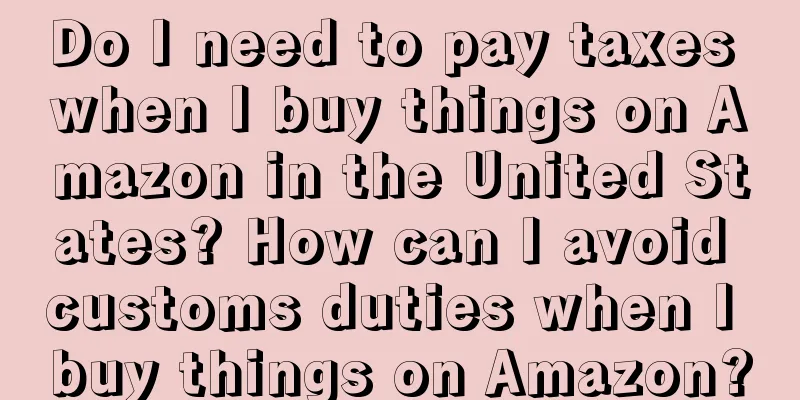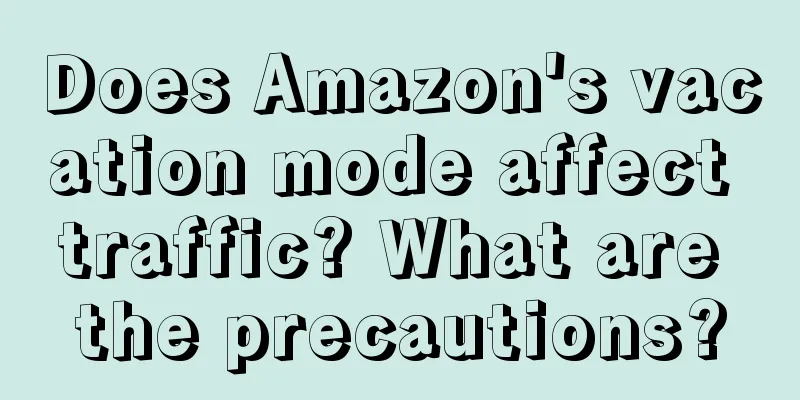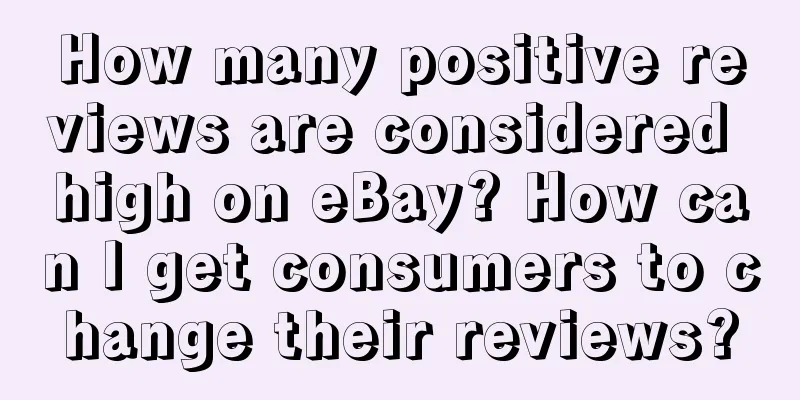Do I need to pay taxes when I buy things on Amazon in the United States? How can I avoid customs duties when I buy things on Amazon?

|
As a world-renowned e-commerce platform, Amazon provides consumers with a convenient and fast shopping experience. However, for shoppers, whether they need to pay taxes when purchasing goods is a common concern. This article will explore in depth whether you need to pay taxes when shopping on Amazon in the United States, and how to possibly avoid tariffs. 1. Do I need to pay tax when buying things on Amazon in the United States? In the United States, Amazon's shopping policies are closely tied to tax regulations. Generally speaking, shoppers need to pay sales tax when they buy goods on Amazon in the United States, because each state in the United States has a certain degree of autonomy in taxation. According to a decision by the U.S. Supreme Court, Amazon will only collect sales tax in states where it has a physical storefront or physical presence. However, as time goes by, the tax policies of various US states have changed, and some states have begun to collect sales taxes from cross-border e-commerce platforms, even if these platforms do not have physical stores or physical presence. Therefore, some shoppers may be required to pay sales tax when purchasing goods. 2. How to avoid customs duties when buying things on Amazon While there are some situations where shoppers will need to pay sales tax, there are also some situations where you can seek ways to waive or reduce the duty: Amazon Family Accounts: If shoppers have a close relationship with Amazon sellers, they can share some shopping privileges by creating family accounts. However, care must be taken to ensure compliance with Amazon's regulations. Interstate Sales Tax Free Holidays: In the United States, some states occasionally hold tax-free holidays, which exempt sales taxes for a period of time. Shoppers can choose to shop during these time periods to reduce their tax burden. Duty-free goods: Some goods are duty-free in the United States, such as food, medicine, etc. Shoppers can choose to buy these duty-free goods to reduce tax expenses. Use a tax-free account: Some shoppers may have a tax-free account, such as a health savings account (HSA) or flexible spending account (FSA) that taxpayers can use to make purchases. Purchases in these accounts may not require sales tax. Seek professional advice: For large purchases, shoppers may consider consulting a tax professional to find out if there are any applicable tax deductions. However, it is important to emphasize that tax policies are complex and vary across states and regions. Shoppers should fully understand the relevant regulations when deciding whether to pay taxes or seek exemptions from duties to avoid unnecessary legal risks. |
>>: Can high school students engage in cross-border e-commerce? How to do it?
Recommend
Chinese Partners
On July 25, Dongfang Zhenxuan announced that Dong ...
To WeChat Official Accounts: Algorithms are not the savior of graphics and text
WeChat official accounts are one of the most popul...
Is it possible to open a store on Amazon US with only one or two thousand? How much does it cost?
If you want to open an Amazon US site, you need to...
How can I open a store on Lazada? What information do I need to prepare?
Lazada is backed by Alibaba, and its operating mod...
Falling in love with AI empties my wallet
Did you know that there are already tens of millio...
Can it work if top anchors collectively enter the market and build their own brands?
Building their own brand has become a common choic...
How to register for Amazon Black Friday Cyber Monday 2023? What should I pay attention to?
Amazon Black Friday promotions usually start on th...
Fang Wenshan talked about how to write advertisements
Music has the power to touch the soul. Vincent Fan...
Is Shopee top promotion useful? What are the tools for automatic top promotion?
Shopee store operation includes many operations, s...
Young people who don't want to be human have made the monkey "Maluo" a deity
There are thousands of emojis on the Internet, whi...
When the boss walks into the live broadcast room: the "traffic code" of local life and the road to "brand building"
Driven by the wave of digitalization, the marketin...
What do I need to provide for Amazon category review? What are the requirements?
If you want to open a store on the Amazon platform...
Is it profitable to open a store on Shopee? What is the process of opening a store?
It is still very common for individuals to open st...
A cup of sauce-flavored latte costs 100 million yuan, who is the big winner between Luckin Coffee and Moutai?
The joint venture of Jiangxiang Latte and Luckin M...
When Xiaohongshu first mentioned “individual video creators”, what exactly did it want to express?
Xiaohongshu held its first “Team-building Meeting ...









